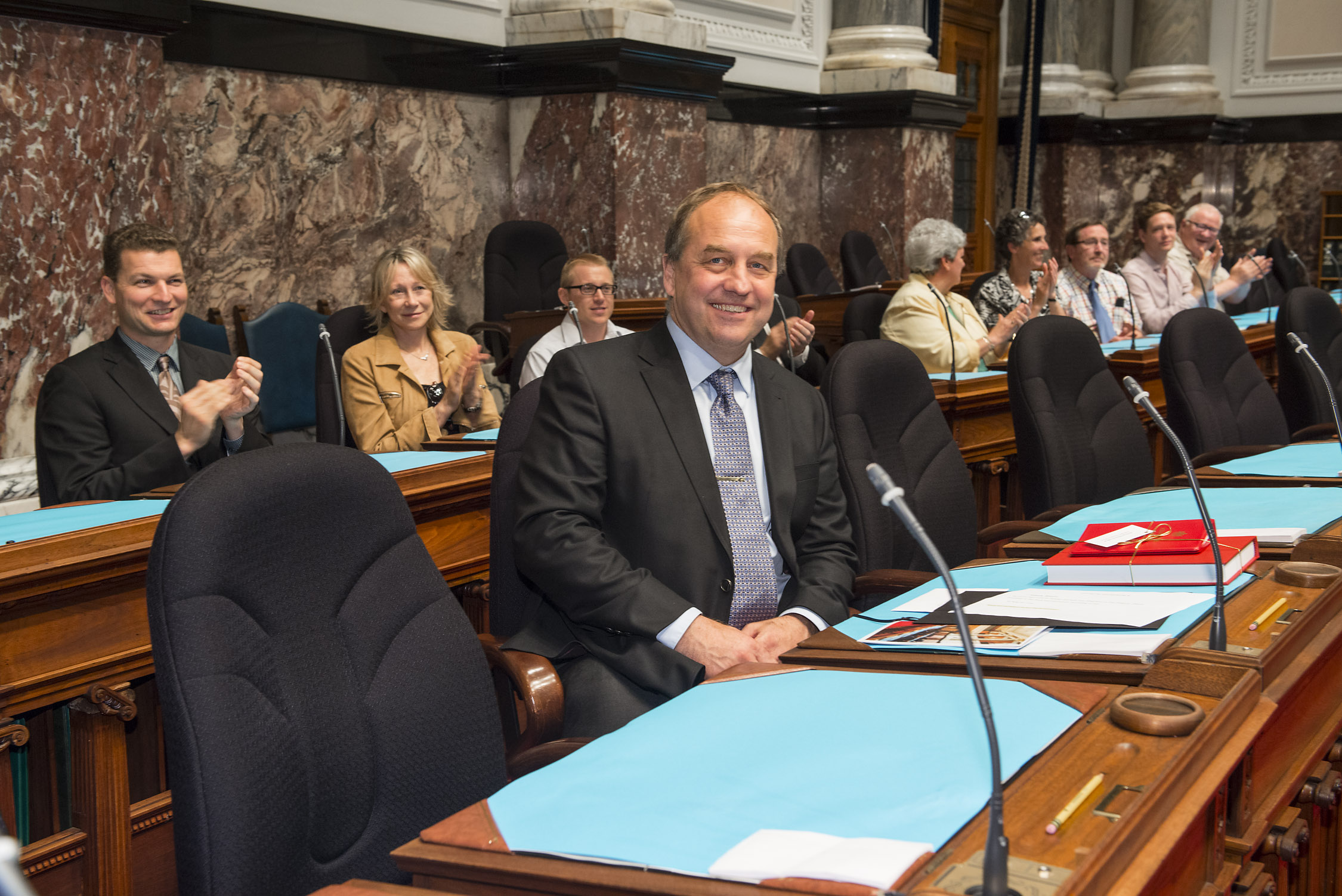BC can legally seize lawbreaking foreign buyers’ homes, lawyer says

By ThinkPol Staff
British Columbia government can legally seize the homes of a group of foreign buyers whose immigration fraud, tax evasion, and money laundering, money laundering and a host of other illegal activities came to light in a recent BC Supreme Court decision, says a Surrey lawyer.
Jon Singh told ThinkPol that BC Civil Forfeiture Office[1]https://www2.gov.bc.ca/gov/content/safety/crime-prevention/civil-forfeiture-office can move to seize the properties in to Fu v. Zhu[2]Fu v Zhu, 2018 BCSC 9 (CanLII), retrieved on 2018-01-08, where the Honourable Madam Justice Griffin of the B.C. Supreme Court rendered a 552-page judgement after unravelling reams of “inconsistent” testimonies from parties with “serious credibility problems”.
“The Civil Forfeiture Office can seize the ‘proceeds of unlawful activity’—a broad and nebulous definition which gives them a wide power,” Singh said.
Earlier, British Columbia’s Green Party Leader has called for seizing the homes the group of foreign buyers whose shady dealings were enumerated by the judge.
“The properties involved should be seized,” Andrew Weaver, who’s propping up the minority NDP government in the province, tweeted. “Our lax real estate rules are making us look foolish.”
The properties involved should be seized. Our lax real estate rules are making us look foolish. Here's the story: Explosive B.C. court case details seven migration scams https://t.co/xKnZOcHkIs via @timescolonist #bcpoli
— Andrew Weaver (@AJWVictoriaBC) January 15, 2018
In Fu v. Zhu, the third plaintiff Mr. Xiao Feng Fu (referred to as P3 in the judgement) hatched a scheme to deceive Canada’s immigration department with the help of defendendant Ms. Cui Yun Zhu (D1), realtor Mr. Gu and his wife Jie Chen, according to the judge’s ruling.
“Indeed, P3 was sophisticated in lying, including scheming to deceive Canadian immigration authorities in 2012 so that he could maintain permanent residency status without spending the necessary days residing in Canada.” Justice Griffin wrote. “This scheme involved him pretending to rent accommodation in Vancouver by writing cheques for rent to D1; pretending to be employed by Jie Chen, the wife of the family’s realtor, Mr. Gu, who pretended to pay him employment income (all of which was paid back behind the scenes by payment from P2 to Mr. Gu); having someone use his credit card in Canada in his absence; and then in 2013 falsely reporting to police in China that he had lost his permanent residency card which would have noted when he truly was in Canada, so that he could falsely claim he was in Canada during the period he pretended to pay rent and to receive employment income.”
The judgment also reveals that the buyers declared questionable worldwide income in tax returns.
“P1 had his own credibility problems, including asserting to Canadian authorities on his Canadian income tax return a miniscule worldwide income of $97.11,” Justice Griffin wrote. “This was an incredible assertion given the fact he owns one of the top ten textile manufacturing and distribution companies based in one of the biggest textile manufacturing centres of China.”
“As the standard is ‘unlawful activity’, this covers the gambit from major crimes to simple by-laws infractions,” Singh said. “Theoretically, the Director of Civil Forfeiture can move to seize the property from someone whose property taxes are in arrears, let alone someone running afoul of the Income Tax Act.”
[Photo Credit: Andrew Weaver]
References
| 1. | ↑ | https://www2.gov.bc.ca/gov/content/safety/crime-prevention/civil-forfeiture-office |
| 2. | ↑ | Fu v Zhu, 2018 BCSC 9 (CanLII), retrieved on 2018-01-08 |



